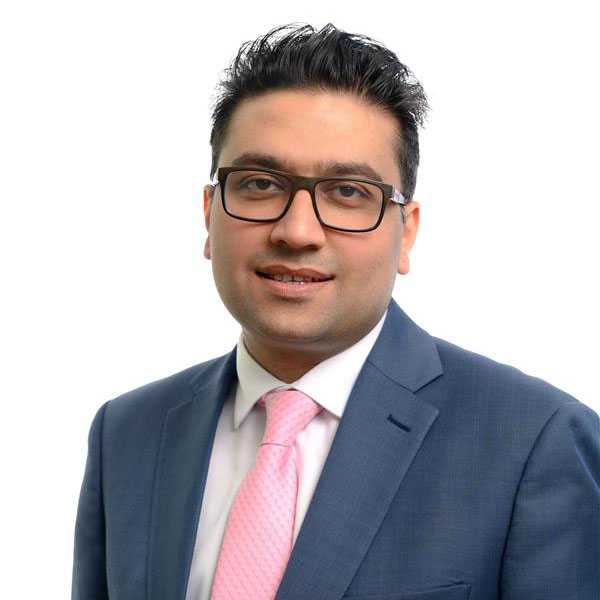What inspired you to choose your subspecialty in GI?
The ability to intervene in someone’s disease course with your hands (endoscope) really inspired me to pursue interventional endoscopy. While every specialty is equally important in medicine, this feeling of making a direct impact on patient care is what made me choose interventional endoscopy.
What does a typical day look like in your practice?
My day is primarily spent in the endoscopy laboratory. The day before a procedure, I review all my patients scheduled for the next day anticipate equipment to be used, imaging, prior diagnostic workup (manometry, MRI scans, prior endoscopies), and consultant notes. Procedures involve informed consent, performing the procedure, procedure notes and reviewing findings with family and patients. I round on patients and depending on the day, I support the outpatient clinic.
What are the biggest rewards and challenges in your subspecialty?
My passion is in GI cancer prevention. The removal of early GI cancers in a minimally invasive incisionless fashion is extremely rewarding to me. Challenges typically include the unpredictability of certain procedures. As an interventional endoscopist, one needs to be adaptable.
How does your subspecialty impact your work–life balance and career growth opportunities?
There are so many advancements happening in interventional endoscopy right now. All these opportunities present an exciting time in the field and fuels career growth.
What advice would you give GI fellows who are exploring subspecialty options today?
My advice is to envision what subspecialty you can feel at home. Of course, every specialty has its challenges but if you feel the work you are doing is rewarding 80% of the time, it is a blessing.
Author

Mohammad Bilal, MD, FASGE, is an Associate Professor of Medicine at the University of Colorado Anschutz Medical Campus where he also serves as Director of Third Space Endoscopy & Bariatric Endoscopy and Associate Program Director of the Advanced Endoscopy Fellowship. Dr. Bilal is passionate about innovations in endoscopy, advanced tissue resection and medical education. Dr. Bilal has over 240 peer-reviewed publications.